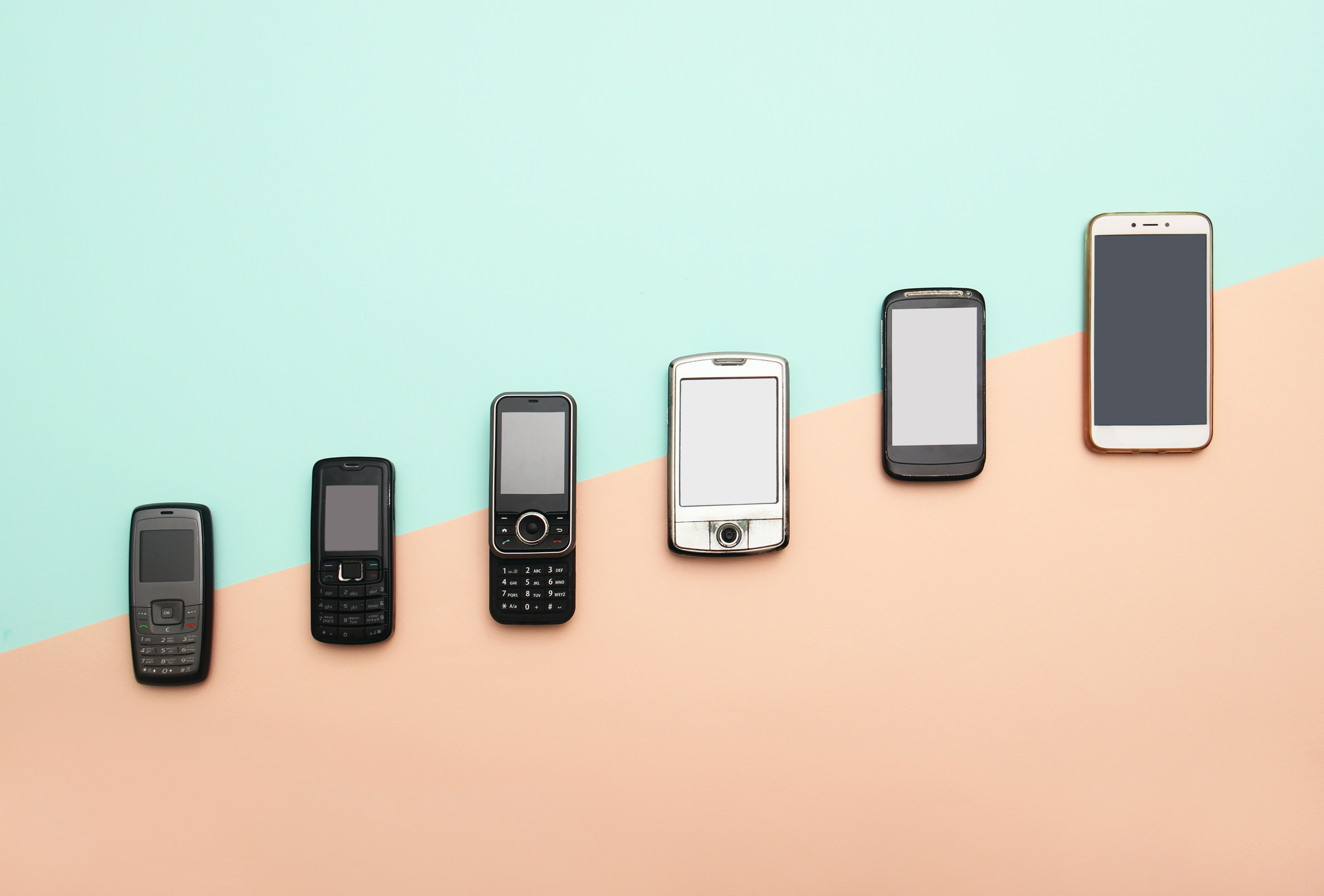Dynamic Mobile Billing acquired by Viveri Group
As of the 31st of October 2023, we are thrilled to announce that Dynamic Mobile Billing has officially been acquired by Viveri Group, in conjunction...
Monday - Friday
9:00 - 17:00
Sales enquiries
sales@dynamicmobilebilling.com
+44 (0) 808 206 0808
Customer Care
customercare.uk@dynamicmobilebilling.com
0333 313 7900
Have you been billed? Visit phonecharges.org or contact our customer care team.
For GDPR and Privacy Policy related queries please email us at gdpr@dynamicmobilebilling.com
3 min read
![]() Dynamic Mobile Billing
:
May 23, 2023 2:22:06 PM
Dynamic Mobile Billing
:
May 23, 2023 2:22:06 PM

A recent LinkedIn post by the World Economic Forum announced that "dumb" phone sales are on the rise in the US, and the post has generated an impressive 13,000 reactions on LinkedIn. The high level of engagement from the audience is clear, with one individual commenting, "I'd love to convert to a 'dumb' phone...".
Business Insider, another large publisher, also released an article that further solidified the fact that "dumb" phones are truly gaining popularity. But what's driving this trend? According to many sources, including Business Insider, it's due to younger generations trying to minimize their screen time.
Popularised in recent years, screen time refers to the amount of time someone spends using electronic devices such as smartphones, tablets, laptops, televisions, and gaming consoles. It is a measure of the duration of time that an individual interacts with a screen, whether for work or leisure activities. It has become a popular topic in recent years due to concerns about the potential negative effects of excessive screen time, particularly on children's and young people’s development and well-being. Some non-profit organizations go as far as encouraging younger people to switch to flip phones altogether.
In the world of business, on the other hand, entrepreneurs have already identified this as a potential market. We have spoken to some of our mobile phone experts, and they commented that people who would want to switch to a low-tech phone do not have many options available to them. Older phones may be unreliable, and new phones that are ‘dumb’ are too focused on their cost as a unique selling point rather than an audience trying to minimize screen time. Making them not really fit for purpose.
No wonder why then, Joe Hollier, co-founder of Light, the company that created the first "light" phone, which raised over $400,000 on Kickstarter in 2015 and attracted over 3,000 backers. In an interview with CNBC Joe commented, "What we're trying to do with the Light phone isn't to create a dumb phone but to create a more intentional phone—a premium, minimal phone—which isn't inherently anti-technology."
This new phone technology comes at the right time, especially for the UK market. In an article published by the BBC, it is said that The UK will phase out 2G and 3G mobile services by 2033. The switch-off date has been agreed with mobile-network operators Vodafone, EE, Virgin Media, O2, and Three. This means that many users of older phones may encounter that their device does not support the 4G technology. The Guardian writes that there are between 2 million and 3 million people using 3G handsets across all UK mobile networks, all of which will be left unable to use their mobile data. Additionally, articles have been popping up describing the future gap in digital accessibility and inclusivity. One study suggests that as many as 51% of UK consumers are unaware of 3G switch-off at all. The new smart dumb phones may be the answer to both generations of users.
With the younger consumer base seeking ways to minimize screen time and businesses working to develop new "dumb" phones to meet the needs of the growing market and adapt to the changing telecommunications landscape and exponential technological growth, we see a great opportunity for carrier billing payment technology. According to Statista, carrier billing is a popular method to pay for digital purchases via mobile. In April 2020, the average revenue per paying user (ARPPU) with carrier billing in the Middle East and Africa amounted to 14.9 U.S. dollars. This statistic reinforces the potential for carrier billing in the emerging market of low-tech smartphones as it can work on any phone with a sim card, making it the best option for the re-emergence of simpler phone technology.
Simpler phones cannot support payment methods like Apple Pay or Google Pay, meaning consumers will be left without a convenient way to pay for services and digital goods. Carrier billing is the perfect answer to the problem.
The re-introduction of dumb phones into the market, may not only provide the ability for older users to access a stepping stone on the new digital path but simultaneously offer younger users the escape from an ever more addictive screen. Will the market react positively to the new phones is the question on everyone’s mind but one thing is for sure, whatever the future holds, carrier billing will always be the link between simpler phones and payment capability.

As of the 31st of October 2023, we are thrilled to announce that Dynamic Mobile Billing has officially been acquired by Viveri Group, in conjunction...

A recent LinkedIn post by the World Economic Forum announced that "dumb" phone sales are on the rise in the US, and the post has generated an...
Dynamic Mobile Billing is a tier-one mobile aggregator in the UK, South Africa and Kenya and for over twenty years we have been enabling carrier...